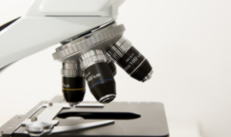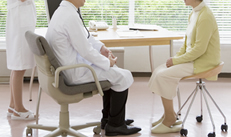Our department is working on research and training activities related to drug abuse and addiction. The main research areas are ① epidemiological research to understand the actual situation of drug abuse, ② clinical research on drug addiction treatment, ③ family support research on drug addiction, and ④ basic neuroscientific research on drug addiction. We are also dedicated to developing drug addiction treatment specialists through training sessions for medical professionals. Furthermore, we provide support for the preparation of educational and teaching materials so as to spread this kind of knowledge across a wide range of society.
Epidemiological Study

We are conducting epidemiological research to understand the actual situation of drug abuse and addiction. As part of a nationwide survey, the Nationwide General Population Survey on Drug Use (from 1995), the Nationwide Junior High School Survey on Substance Abuse (from 1996), and the Nationwide Mental Hospital Survey on Substance-related Psychiatric Disorders (from 1987) have been conducted to prepare basic data for drug abuse and addiction measures in Japan. These surveys are carried out over the years and are the only monitoring surveys related to drug abuse and addiction in our country.
Basic Research

We are conducting evaluation studies on dependency and toxicity of new psychoactive substances and other abused drugs. Drug addiction assessments are analyzed though animal experiments using conditioned place preference tests. For toxicity evaluation, rapid evaluation studies are being performed using primary neuronal cultures and a variety of established cell cultures. Through basic research, we are studying drug abuse risk prediction based on the molecular mechanisms of drug addiction.
Clinical Research and Family Support Research

We are leading research on the therapeutic effects and prognosis of drug addicts, as well as research on family support. In our study on therapeutic effects and prognosis, we will develop a cognitive behavioral therapy program to prevent drug addiction relapse, measure efficacy, observe prognosis, and disseminate the program. Research on family support will result in the development of a family psychoeducation program; we will measure the effects and disseminate the program. These studies will improve and homogenize the quality of drug addiction treatment and family support nationwide.

